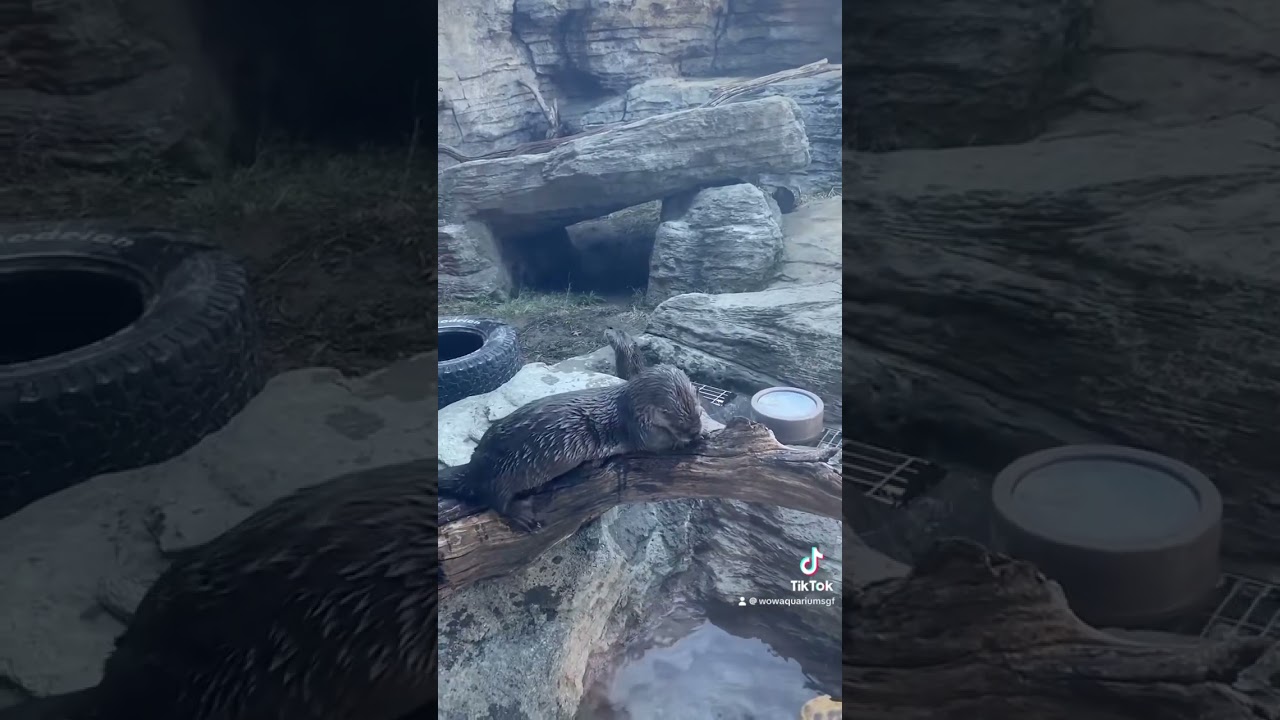– Understanding the behavior of otters in warm weather
– The role of zoo environments in simulating natural habitats for otters
– Conservation efforts for otters and their habitats
– The impact of climate change on otter populations and behaviors
Otters are fascinating creatures that have captivated the interests of many wildlife enthusiasts and conservationists. Their playful demeanor and intelligence make them a favorite among zoo visitors. As the warm weather prevails, otters exhibit specific behaviors that are both interesting and enlightening to observe. This article explores the nuances of otter behavior during warmer seasons, the importance of zoo habitats in recreating natural environments for these mammals, conservation strategies in place for their survival, and the broader implications of climate change on their populations.
Understanding the behavior of otters in warm weather involves observing their daily activities and how they adapt to rising temperatures. Otters have dense fur and a high metabolic rate, which are well-suited for colder water but can present challenges during warmer periods. To cope with the heat, otters become more active during cooler parts of the day, such as early mornings and late afternoons. They spend significant time in the water to regulate their body temperature. Playful activities, such as sliding or swimming, are enjoyable for otters and serve practical purposes by helping them cool down.
Zoo environments’ role in simulating otters’ natural habitats is crucial for their well-being. Zoos strive to create enclosures that mimic the natural ecosystems of otters, including access to aquatic systems, which are pivotal for their physiological and psychological health. The design of these enclosures considers the need for otters to engage in their natural behaviors, such as foraging, digging, and swimming. Proper temperature regulation, adequate space for movement, and the inclusion of enrichment activities are fundamental aspects of zoo management aimed at ensuring otters’ adaptation to warm weather.
Conservation efforts for otters and their habitats are vital for their survival. Otters face threats from habitat loss, pollution, and climate change. Protecting their natural environments and ensuring clean, accessible waterways are paramount for their continued existence. Conservation programs often involve habitat restoration, pollution control measures, and the establishment of protected areas. Additionally, breeding programs in zoos play a significant role in preserving otter species, especially endangered ones. These programs aim to maintain genetic diversity and may include reintroduction initiatives to bolster wild populations.
The impact of climate change on otter populations and behaviors is an area of growing concern. As temperatures rise globally, otter habitats are being altered, affecting their food sources and breeding patterns. Warmer waters can influence fish distribution, making it more challenging for otters to find food. Additionally, extreme weather events, such as floods and droughts, can devastate otter habitats, leading to population declines. Understanding these impacts is crucial for developing effective conservation strategies that address the needs of otters in a changing climate.
Otters enjoying the warm weather is a delightful sight that underscores the need for continued research, conservation efforts, and responsible zoo management. By fostering environments that support their natural behaviors and working to mitigate the threats they face, people can ensure that otters continue to thrive both in the wild and in care facilities. Encouraging public engagement and support for otter conservation is essential. Through education and awareness, individuals can become advocates for otters and the preservation of their habitats. This collective effort is crucial for the sustainability of these charismatic mammals in the face of environmental changes and challenges.
*****
Source Description


